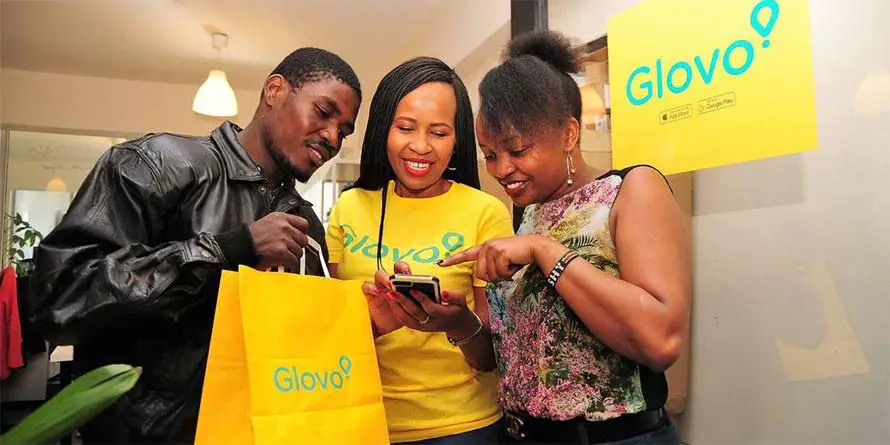Delivery has become the in-thing in the market. Customers nowadays don’t have to go to the shops but can just order, make a payment (either before or on delivery) and receive their orders at home, in the office or have them delivered wherever they want. The Exchange spoke to Glovo, a startup founded in 2015 in Barcelona, and launched in Kenya in February this year. The service is present in over 20 countries and more than 100 cities. With over 10 years in business development, seven of which have been in the tech world, Glovo Market Lead (Sub-Saharan Africa) Priscila Muhiu divulges into the logistics business in Kenya and the region.
What makes the logistics space in Kenya an attractive prospect and why is Glovo in this business?
Logistics is the key driver to any economy. Without logistics, businesses will not be able to get their goods to their consumers. Logistics powers economic growth and can unlock the potential of businesses. At Glovo, we believe that users should have access to their own city immediately and with ease by bridging the gap between consumers and the local economy. Consumers can use Glovo to get anything delivered to them in minutes while at the same time, businesses have access to thousands of customers who use the Glovo app. A report by the World Bank indicated that logistics costs account for over 30% of the total cost of goods. To lower these costs, increasing efficiency is paramount. Leveraging on technology can help organizations to increase efficiency and lower the costs of goods
With the recent negative coverage around the local bodaboda industry, along the lines of national security, what do you do to ensure that you enlist riders with clean criminal records?
Our riders go through a vetting process to ensure that they have no criminal record. We then get them trained on customer service and etiquette to ensure good customer experience. We also have a rating system that enables users to give us feedback on the riders ́ behaviour.
Being a multi-category delivery app has required you to get into partnerships with relatively unknown local brands. What does this model mean for both parties involved?
The partnership creates a win-win situation. The Brands get access to thousands of users that come to the app hence increasing their sales and lowering their marketing costs. In return, Glovo earns a commission by connecting it´s users to the local brands hence increasing the company revenue
Based on your experience in the market so far, what would you say are the challenges of doing business in the region?
The logistics infrastructure in Kenya is still not up to the global standard, though it is improving. The increasing cost of fuel poses a challenge and by extension increases the cost of transporting goods. Also the lack of proper address systems also creates friction in the delivery of goods. The delivery service providers are forced to make a couple of calls before getting to the destination. However, this has greatly improved over time
What makes you so sure that you will succeed within this market?
Our unique value proposition is that we are a multi category platform hence use cases are many. Users can get anything from food, groceries to drinks delivered to them in minutes. Users dont need to have separate apps for food, groceries or courier. They just need to download one app, Glovo, and they will experience convenience at its best.
What is your view on the current operating environment in the industry in Kenya?
The current operating environment is conducive for business growth. However, the cost of branding a bike is very high and doesn’t ́t make economic sense to the delivery companies. The key players in the industry are currently trying to lobby with the county government to lower the costs.
How do you plan to deal with competition from other logistics service providers within the local space?
Our focus is on our consumers and we seek to constantly meet the consumer needs. We believe that with our unique value proposition and exception customer experience, we can stand out from the competition.
Going forward what role are you going to play in the local logistics industry?
Glovo seeks to make everything available by connecting Kenyans with their local economy. To enable this, Glovo relies on two main pillars;
- a) Partnering with a wide variety of establishments including; top fast food restaurants, local food restaurants, Groceries, bakeries and gift shops
- b) bike riders, who are trained to provide efficient delivery service in minutes.
The economic impact expected from this is that riders will increase their earnings and get to service more orders. At the same time, businesses will have access to more customers and hence increase their sales. The overall impact will be local economy growth and access to opportunities.
